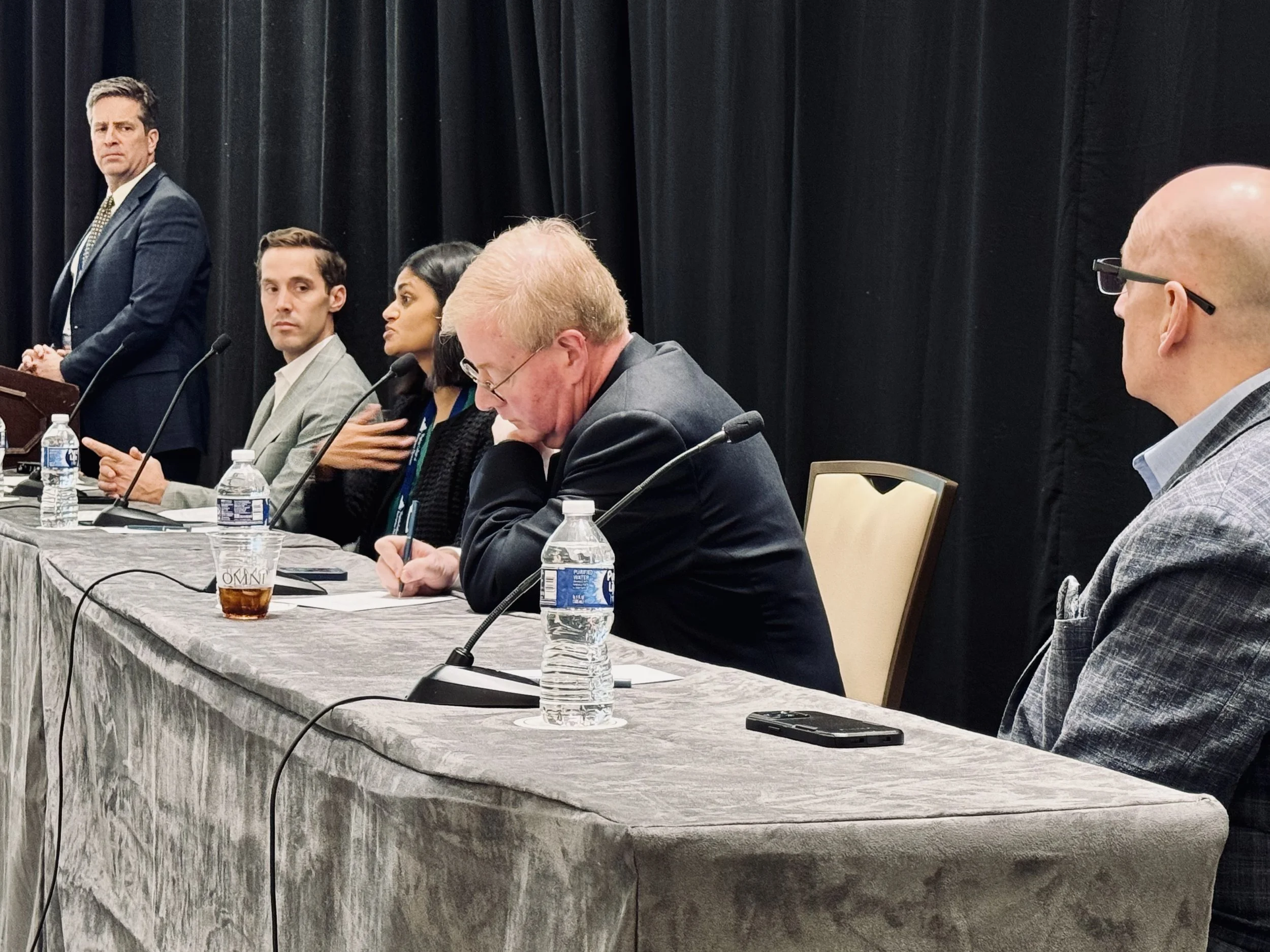Coming Soon: Trained Security in every Virginia ED
Every Virginia emergency physician and emergency nurse has a story of workplace violence — likely one from that day or week — that they have experienced from unruly patients or visitors.
And this week, with the advocacy of VACEP, the Virginia General Assembly passed a first-of-its-kind bill in the nation to put trained security in every Virginia emergency department.
VACEP secured sponsorship of the bill this year by Sen. Barbara Favola. Senate Bill 827 requires hospitals to have either off-duty police officers or security personnel in the ER 24/7/365. They will have training in conflict resolution, de-escalation, and have the ability to physically restrain unruly patients, family members, or other individuals in the ED. The bill received unanimous, bipartisan support at every turn in the 45-day legislative process.
Physical restraint is an important component of the bill, says Aimee Perron Seibert, VACEP’s lobbyist. “If someone is getting really violent, sometimes hospital security themselves cannot restrain the individual, and it really puts the doctors and nurses in an untenable situation,” she said.
Once the bill becomes law on July 1, the legislation requires every hospital with an ED to establish a security plan using standards from the International Association for Healthcare Security and Safety or other industry standard.
Implementation will take time and occur over the next year. Before any visible changes occur, hospitals must first undergo a security risk assessment.
The assessment will be based on identified risks for the ED, including trauma level designation, overall volume, volume of psychiatric and forensic patients, incidents of violence against staff and level of injuries sustained from such violence, and prevalence of crime in the community. Assessments will be done in consultation with the ED medical and nurse directors.
The security plan also must include the presence of at least one off-duty law-enforcement officer or trained security personnel who is present in the ED “at all times as indicated to be necessary and appropriate” by the security risk assessment, per the bill’s language.
The plan will outline training requirements for security personnel for the potential use of — and response to — weapons, defensive tactics, de-escalation techniques, appropriate physical restraint and seclusion techniques, crisis intervention, and trauma-informed approaches.
The training also includes instruction on safely addressing situations involving those who pose a risk of harm to themselves or others due to mental illness or substance abuse, or who are experiencing a mental health crisis.
In addition, there is an option allowing Virginia’s health commissioner to grant a waiver from the “at all times” requirement if the facility can show from a security plan they only need security at certain hours.
Virginia emergency physicians met with legislators in January and shared stories of workplace violence in the ED. That advocacy helped drum up unanimous, bipartisan support for the bill.
To get the bill to Governor Glenn Youngkin’s desk required a team effort and firsthand stories from Virginia emergency physicians. During VACEP’s EM Advocacy Day in January, numerous emergency physicians shared stories of violence against ED staff by patients or other unruly visitors. Supporting the bill along with VACEP was the Medical Society of Virginia and state council of the Emergency Nurses Association; we also negotiated on the bill and the waiver language with the Virginia Hospital and Healthcare Association.
The bill was also a hot topic at this past weekend’s VACEP CME Conference in Williamsburg.
“This is an outstanding achievement by VACEP, with carefully crafted legislative language taken from feedback VACEP leadership received from its members about workplace stressors,” wrote Jeffrey Goodloe, MD, FACEP, a Tulsa, Okla.-based emergency physician on an American College of Emergency Physicians (ACEP) online message board. Goodloe is ACEP’s Secretary-Treasurer and attended the VACEP conference last weekend. “Congrats VACEP for setting and achieving a ‘role model’ safety in emergency departments legislation that hopefully many, many more state chapters will find successful in time in their states.”





